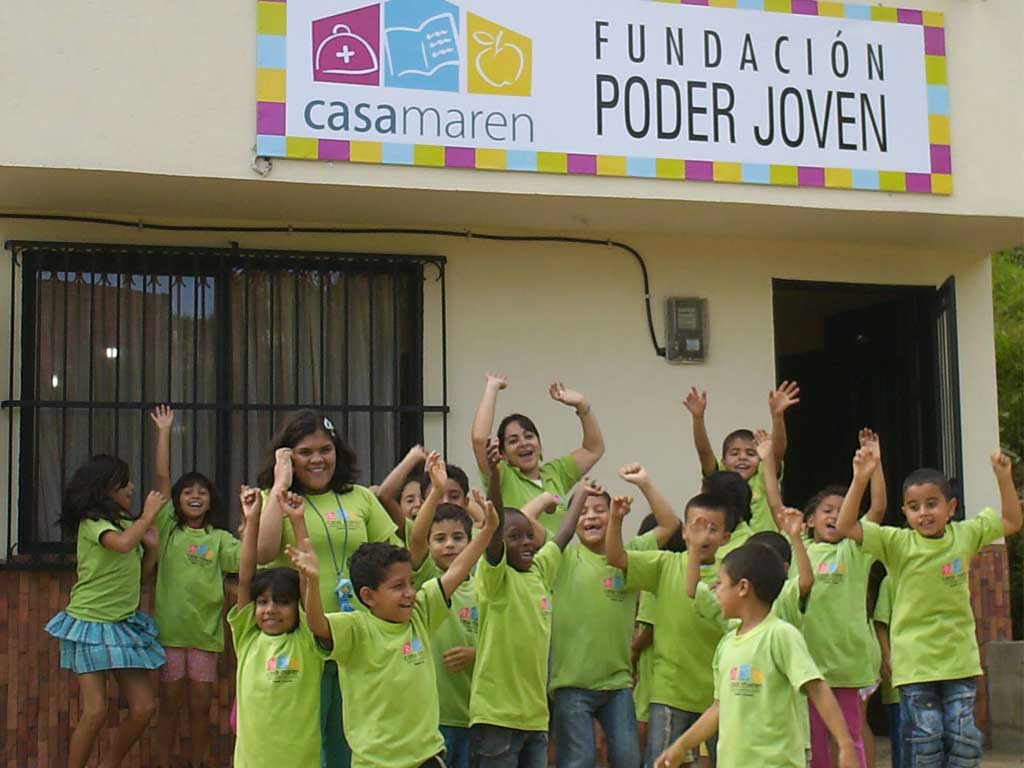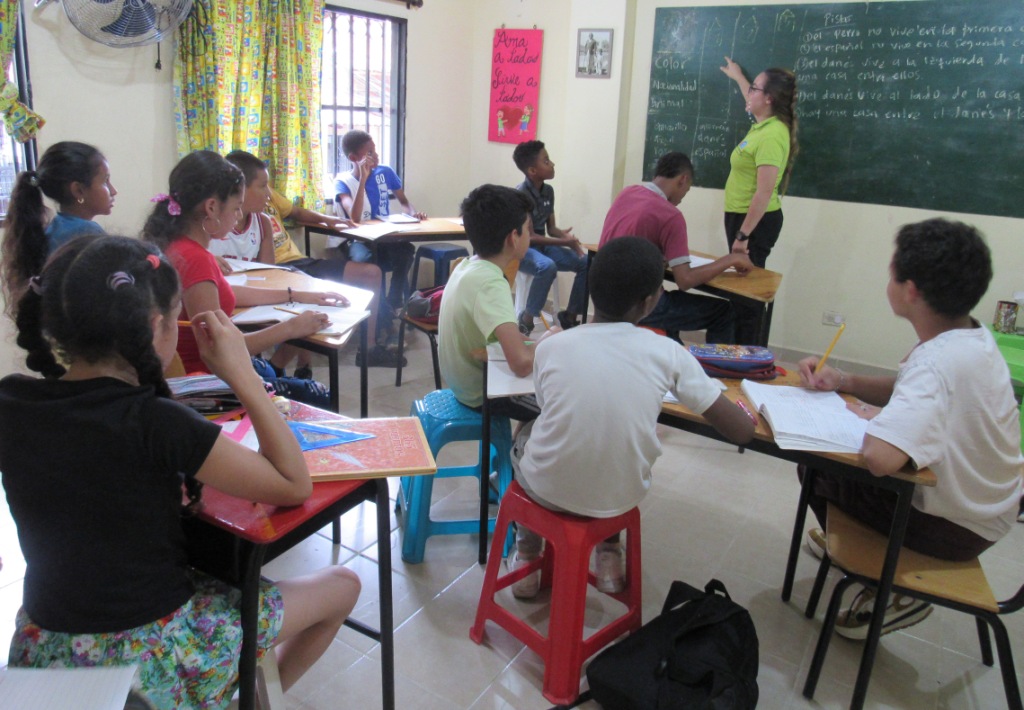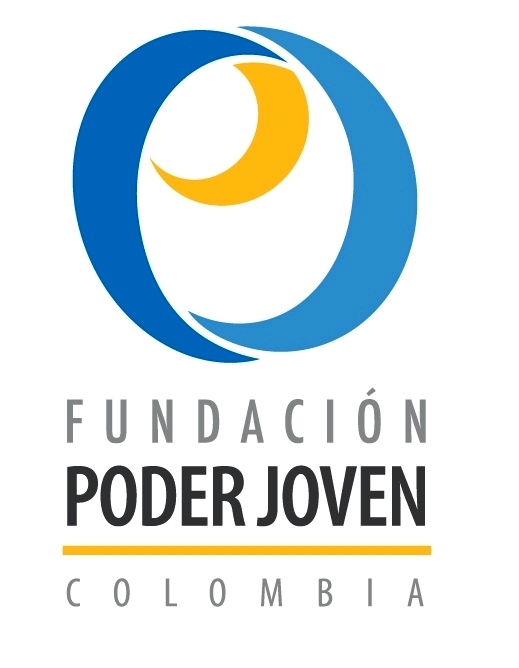

At this location Poder Joven Foundation assists 60 children between the ages of 6 and 15. The Program runs from 8am to 5pm Monday through Friday.
The Barrio Triste neighborhood is locally known as a focus region of prostitution, vagabondism, drug dealing, and delinquency. Most of the children assisted in Casa Karah live with their families under very precarious conditions and exposed to this hostile environment and often are often victims of violence, lack of opportunities, and sexual abuse.
Many families of the children served at Casa Karah pay a daily rent in a lodge for a small room with no windows and old mattresses on the floor. Because their source of income is uncertain, they cannot afford to pay monthly rent. In the lodges where they live these families share toilets, showers, kitchen, and sinks..
Parents of the children served in Casa Karah do not have formal jobs and struggle to make a living. Some of them support their families through informal activities like recycling, selling candies in the streets, and doing laundry for other people. Other parents turn to less dignifying and sometimes illegal means such as mendicancy, prostitution, and various forms of delinquency such as robbery and/or drug dealing.
Because the parents are out in the streets trying to make a living for their families, children spent a major part of the day unsupervised. Families are dysfunctional because roles are switched/distorted; older children are often forced to help supporting their families financially, and become authority figures for younger siblings. The hostile environment makes children prone to escape from their homes and live in the streets.
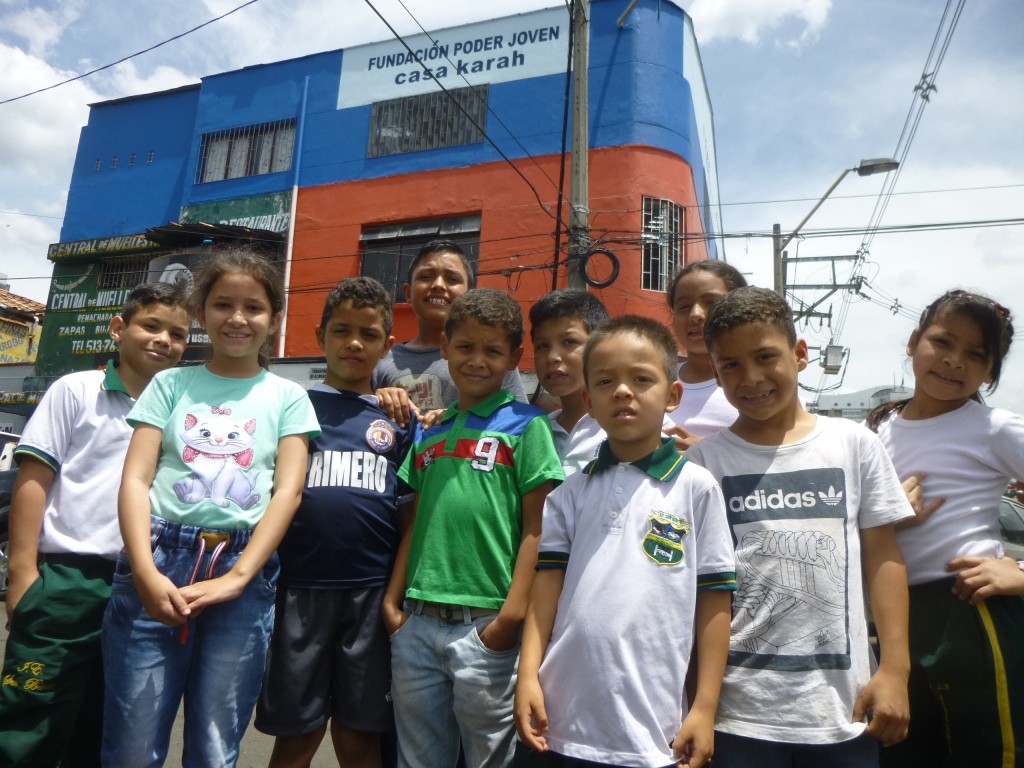
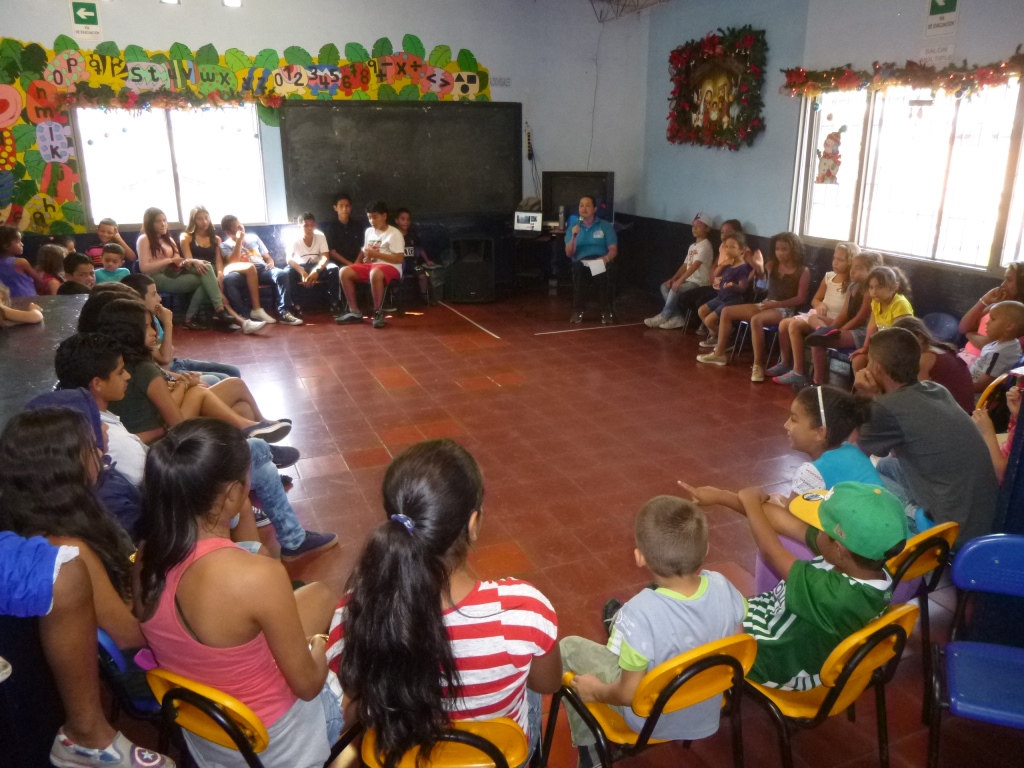
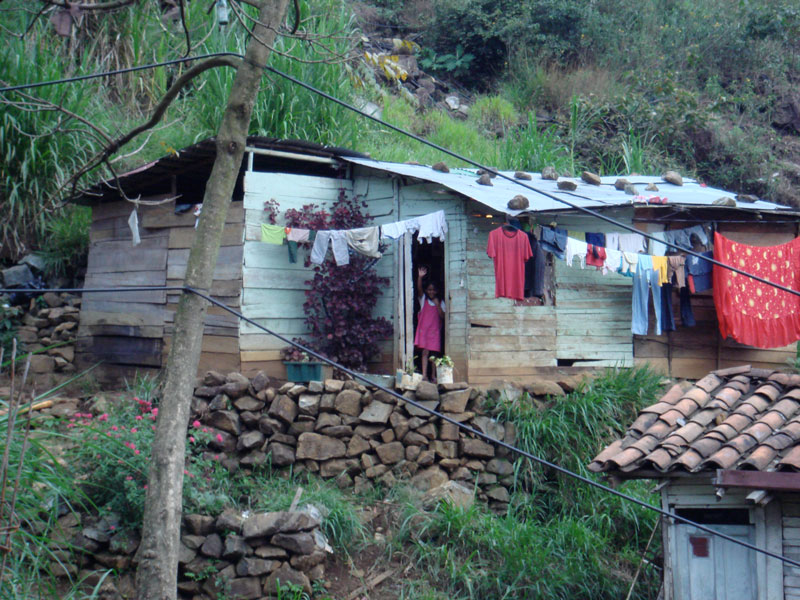
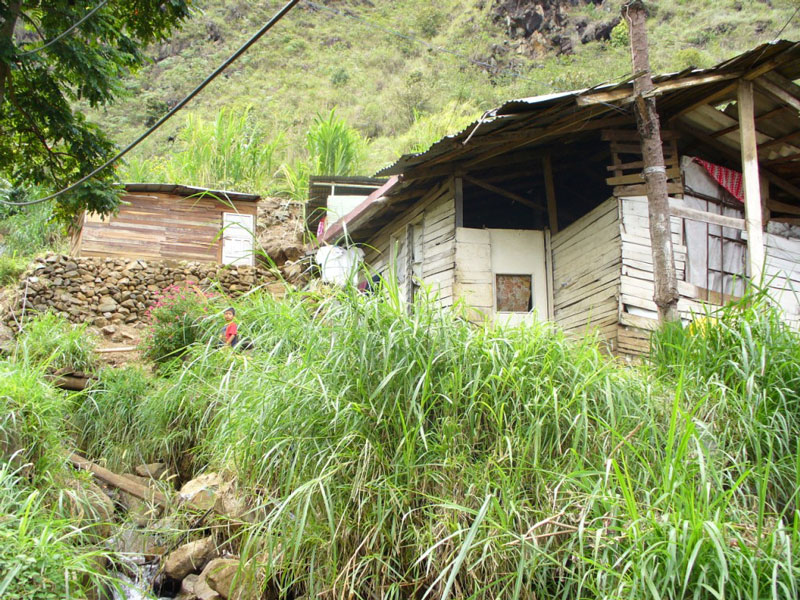
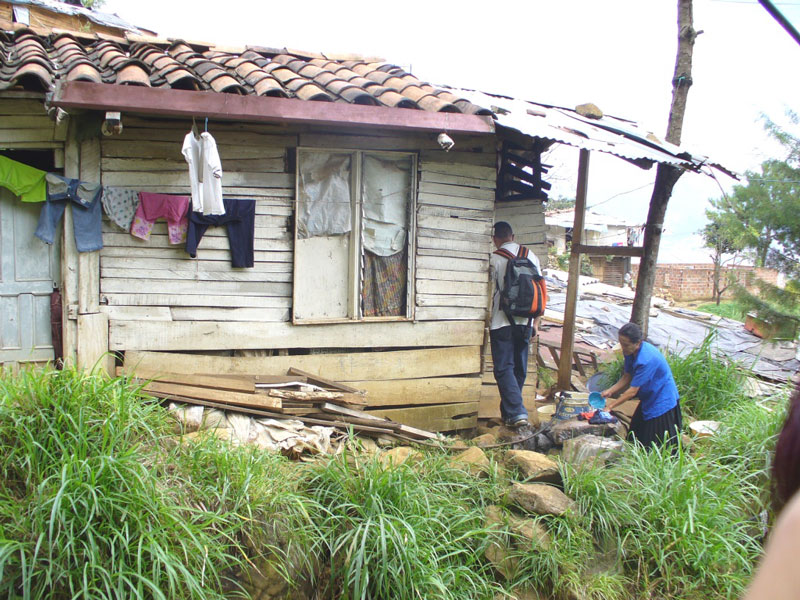
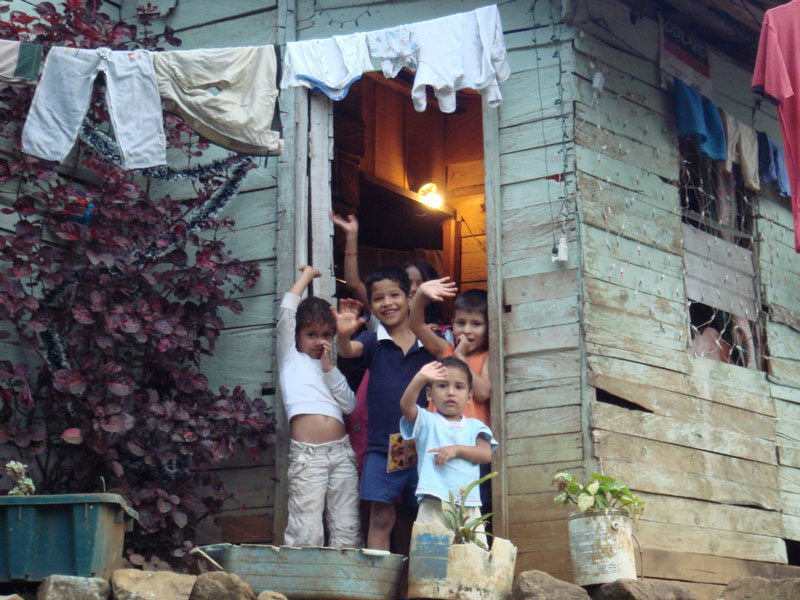
In this facility Poder Joven Foundation assists 70 children between the ages of 6 and 15. The program runs from 8am until 5pm Monday through Friday.
The Brisas del Jardín neighborhood started around 1984 as an illegal settlement. The children in the area are sons and daughters of internally displaced people (IDP) who fled from countryside to protect their lives from violence. Families live in very precarious conditions and lack basic services like water and sewage. They commonly do not have formal jobs and struggle to make a living for their families. Adults often beg for money in the streets or at best work in underpaid jobs as as construction workers, maids, , or selling candies in the streets of Medellín.
There is a major need for social services in the community of Brisas del Jardín. The social, educational, and health services offered by the government are clearly insufficient and this is aggravated by the underdeveloped roads and geographical isolation of the neighborhood.
